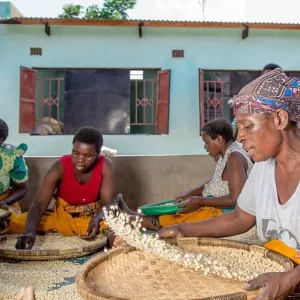Time-use agency: A new measure of women’s empowerment
BY SARAH EISSLER, JESSICA HECKERT,EMILY MYERS, GREG SEYMOUR, SHEELA SINHAROY, KATHRYN M. YOUNT AND JESSICA WALLACH Substantial gender gaps in time spent on unpaid domestic and care work can be found in every region of the world, and have expanded during the COVID-19 pandemic. These are due, in large part, to rigid gender norms that place responsibility for unpaid care and domestic work

Time-use agency: A new measure of women’s empowerment
BY SARAH EISSLER, JESSICA HECKERT,EMILY MYERS, GREG SEYMOUR, SHEELA SINHAROY, KATHRYN M. YOUNT AND JESSICA WALLACH
Substantial gender gaps in time spent on unpaid domestic and care work can be found in every region of the world, and have expanded during the COVID-19 pandemic. These are due, in large part, to rigid gender norms that place responsibility for unpaid care and domestic work disproportionately on women. As a result, women are more likely than men to be time poor—less able to make unconstrained choices about how to allocate their time.
Quantitative measures of time use are crucial to tracking progress toward gender equality. These can be based on, for example, individuals’ recollection of time spent on activities over the last 24 hours, or on survey questions (“On a typical day, how much time do you spend caring for children?”). But such approaches can fail to capture the motivations behind time-use decisions.
Photo credit: Kipenz Films/CIMMYT

